Preschool Development Birth Through Five Project
PDGB5 is supporting New York’s efforts to strengthen and enhance early childhood systems and improve access to high-quality early care and education, from birth through kindergarten.
PDGB5 Overview
New York’s current PDGB5 Renewal grant is a three-year award, from September 2024 – September 2027, totaling $33 million. For an in-depth review of the activities included in this most recent round of funding, you can read CCF’s application here.
Renewal 2026 GOALS
1.
Maximize family participation and engagement in the state's mixed delivery system. This includes expanding meaningful participation and leadership from parents, providers, community leaders, and faith-based partners.
2.
Increase access to early care and learning programs for children and families including infants and toddlers, children with disabilities or at risk of disabilities and under-served.
3.
Increase early care and learning program alignment and quality improvements where all types of programs across the state, such as Head Start, child care centers, family child care, and public schools, work closely with other programs and supportive services. These include early intervention and home visiting.
4.
Create seamless learning experiences from birth to elementary school, ensuring providers and families have the knowledge and resources to meet young children's needs.
5.
Support the early care and learning workforce by increasing pay and benefits, supporting professional development including help with gaining credentials and degrees, supporting staff health, mental health and well-being.
6.
Prevent and reduce suspensions, expulsions, and other exclusionary discipline practices for young children.
7.
Promote the mental health and well-being of children and families.
Renewal Projects (2024-27)
PDGB5 Renewal Grant (2024-27) projects and activities are grounded in collaboration and fall into 6 focus areas of change. Click on the tabs below to learn more.
Needs Assessment
Strategically update the PDGB5 Needs Assessment to deliver a more nuanced understanding of child and parent/caregiver needs, workforce well-being, and New York’s early childhood systems’ supply and demand.
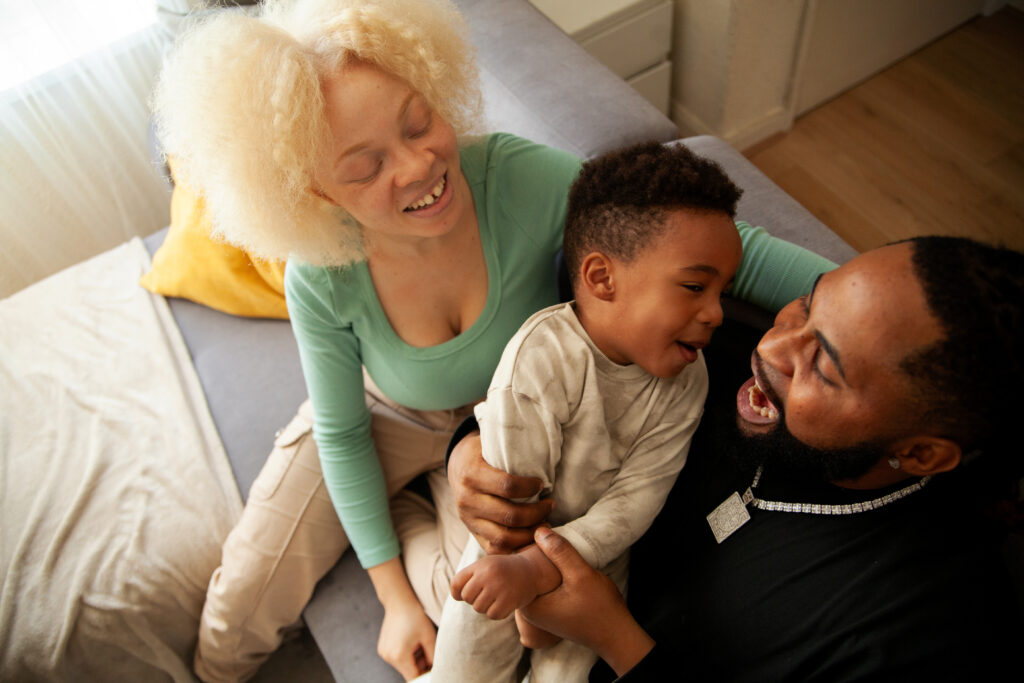
Strategic Plan
Update the current PDGB5 Strategic Plan by rooting it in stronger collaboration and connection to state agency partners, community-based organizations, early care and learning providers, and parent/caregivers to create a high quality early childhood system.
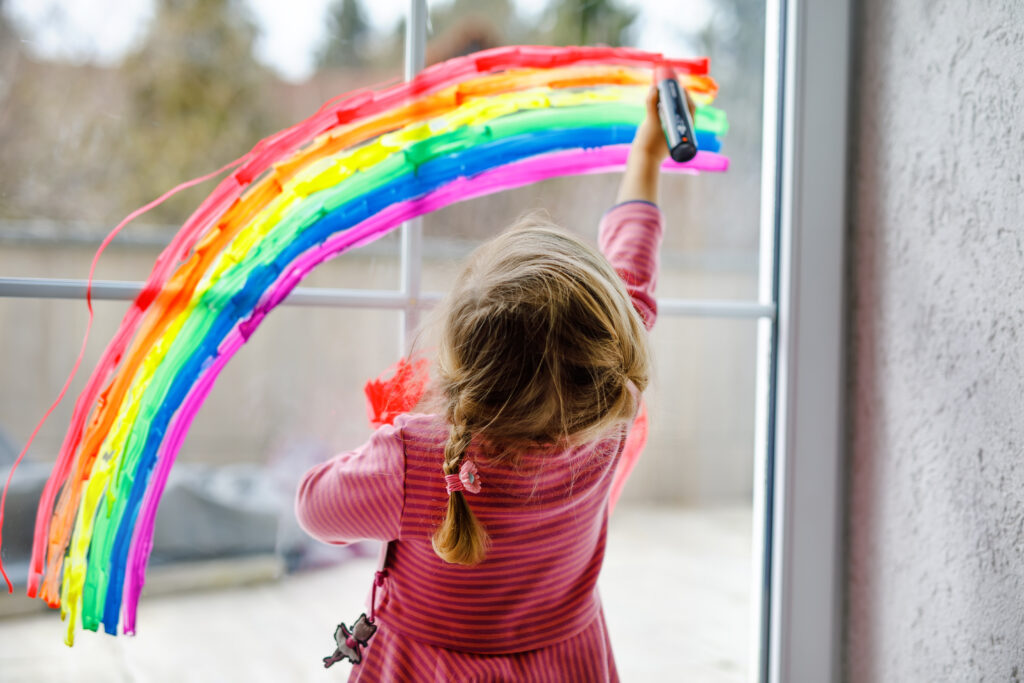
Maximize Family Participation
- Lead the development of a renewed and more active statewide family engagement framework.
- Develop a statewide outreach and education campaign to provide resources at statewide events and to community based organizations.
- Convene an Early Childhood Leadership & Policy Summit to provide the opportunity for cross-sector learning to highlight effective local and state early childhood strategies.
- Develop and launch Help Hub 2.0 as an enhancement to the existing site at helphubforfamilies.ny.gov. This will include developmental health resources and how to support families when there are concerns about development.
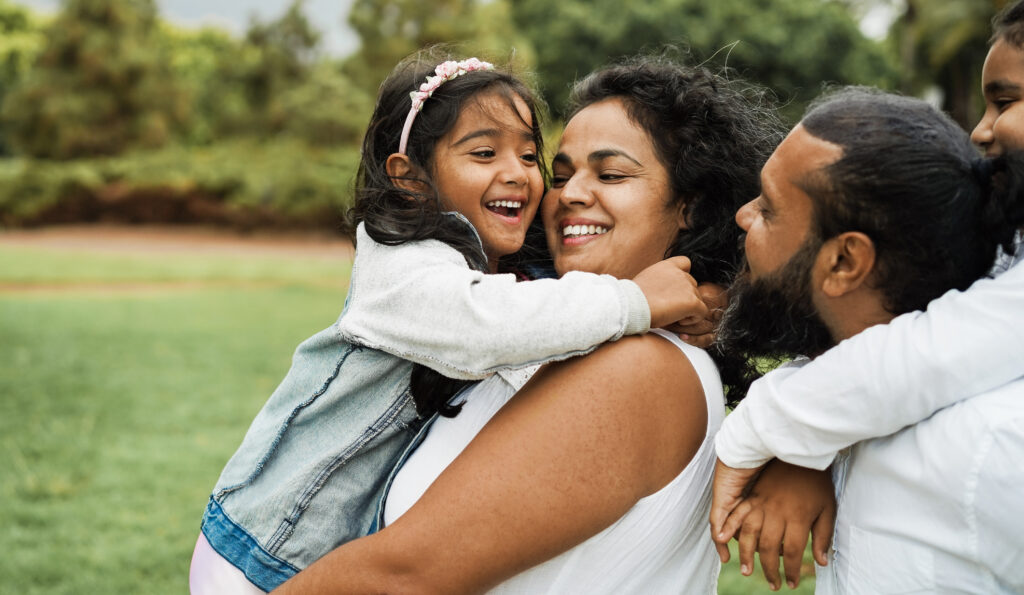
- Develop and promote a statewide media campaign in collaboration with the NYS Cross System's Deputy Commissioners' Workgroup. A shared message will be launched to encourage parents and caregivers to track children's developmental milestones and seek additional supports when there is a concern.
- Develop a Transition Toolkit for families in partnership with the NYS Department of Health's Bureau of Early Intervention. The kit will include information on developmental milestones, developmental screening, referral to early intervention, and effective transition practices into preschool special education.
- Expand Pyramid Model Training implementation across the mixed delivery system and training opportunities with youth parents. In partnership with the Office of Children and Family Services' Department of Juvenile Justice and Opportunities for Youth(DJJOY), specialized Pyramid Model trainers will provide Pyramid Model workshops in DJJOY facilities throughout New York State.
Support the Workforce
- Scholarships to Support Prior Learning Assessments: To support specialization in the early childhood field and career advancement scholarships will support family and group family providers receiving prior learning assessments and associated credits.
- Expanding Registered Apprenticeships: In partnership with institutes of higher education, CCF will act as a group sponsor to pilot the expansion of the Child Care Assistant Registered Apprenticeship.
- Aspire Registry Enhancement: New York's early childhood workforce registry, Aspire, will be enhanced to improve the overall user interface and experience.
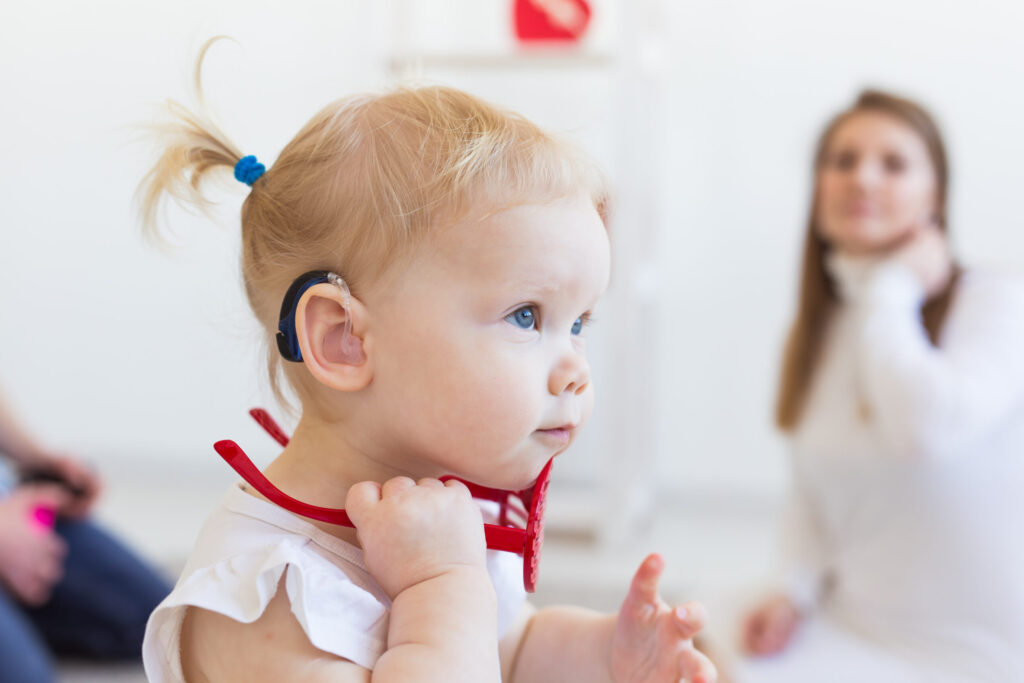
- Integrating the Aspire Registry with the NYS Office of Children and Family Services Facility Application and Management System. By connecting these two key early childhood data systems, the state's overall early care and education quality improvement efforts will be strengthened.
- Early Childhood Workforce Wellness Project will explore the conditions in place preventing the adoption and implementation of wellness principles in the early childhood field.
- Explore increasing workforce pay and benefits that includes the development of an expanded career ladder with accompanying policy recommendations to implement fair pay scales and more opportunities to access health benefits for family child care providers.
Support Quality Improvements
- Increase Early Head Start Child Care Partnerships. Providers will have opportunities to expand EHS-CC partnerships to serve more children and families.
- Conduct a feasibility study to explore the assignment of a unique ID at Birth. As a critical first step in the development of an integrated early childhood data system, an exploration of a unique identifying at birth will be explored.
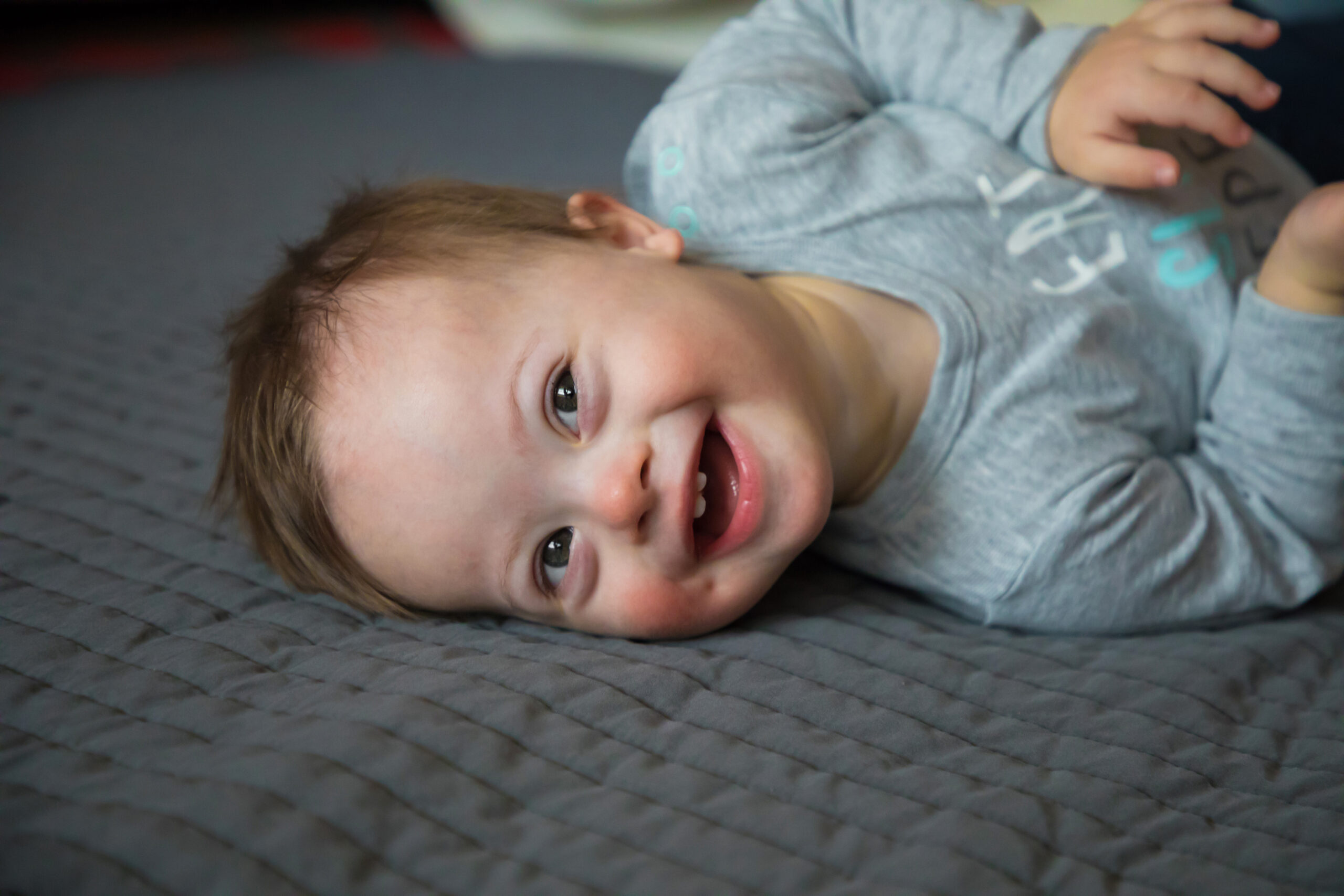
Increase Statewide Pyramid Model Implementation
- Strategically Expand Capacity of Pyramid Model Staff: To ensure Pyramid Model staff reflect New York's cultural and linguistic differences, recruitment and hiring will be expanded.
- Expansion of Positive Solutions for Families Workshops: In partnership with Community School networks and local districts, workshops to help parents support their children's development will be offered.
- Pyramid Model Impact Study: To further improve the quality of care provided to young children and families in Pyramid Model programs, a study will be conducted to support improving data accuracy and availability in the Pyramid Model Implementation Data System, and strengthen partnerships between programs and families.
- Outreach and Web-based Infrastructure Development: Pyramid Model materials will be updated to add scripts and books that are in many languages. In addition, a dynamic web page will be developed to support ease of access for newly implementing programs and promotion of a consistent statewide message.
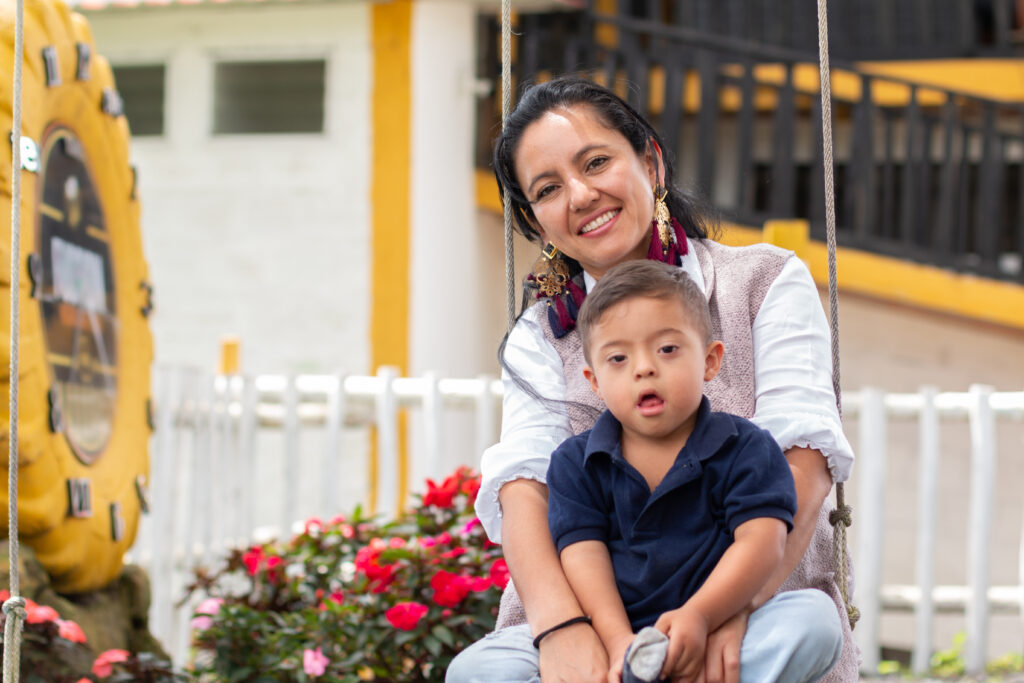
Renewal Projects
2018-2024
CCF has been awarded four rounds of PDGB5 funds from 2018 to 2024.
Read summaries of each below.
Baby Bundle
In 2020, CCF partnered with state and community organizations to distribute 9,000 new baby bundles to families across New York State. Our goal focused on connecting new parents to helpful information about state and local resources, building a strong foundation to support early childhood development. Some of the bundle resources listed below, continue to be available in print or electronically.
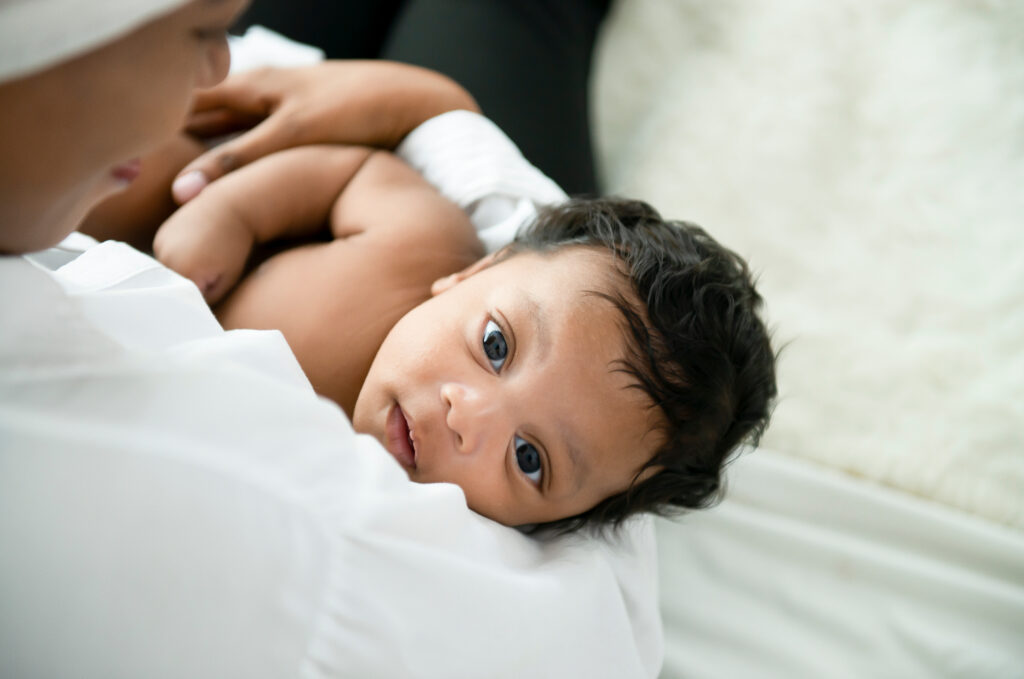
The Parent Guide
The Resource Folder
Can Your Baby Hear You
Breastfeeding/Chestfeeding
Healthy Smiles
What to do When your Child Gets Sick
Feelings/Sentimientos
First 100 Words
Kindergarten Toolkit
Explore CCF’s kindergarten transition film developed in partnership with early care and learning sites across NYS!
In addition you’ll find several video shorts on topics from taking the bus, to family and community engagement, and high quality learning environments.

Kindergarten Transition Practices
Kindergarten Transition ideas from community partners and school districts. Watch our 5 minute trailer to learn more or click below to watch the film.
Videos to Support Kindergarten Transition
Playlist
4:30
55:07
5:22
11:31
4:11
9:10
1:10
14:43
12:05
B5
Partners
B5 Contact
Patricia Persell, Early Childhood Policy Director,
NYS Head Start Collaboration Director
Council on Children and Families
nysb5@ccf.ny.gov
Disclaimer Statement
This webpage is supported by grant number 90TP013002 from the Office of Early Childhood Development within the Administration of Children and Families (ACF), a division of the U.S. Department of Health and Human Services. Neither ACF nor any of its components operate, control, are responsible for, or necessarily endorse this website (including without limitation, its content, technical infrastructure, policies, and any services or tools provided). The opinions, findings, conclusions, and recommendations expressed are those of the NYS Council on Children and Families and do not necessarily reflect the views of ACF and the Office of Early Childhood Development.